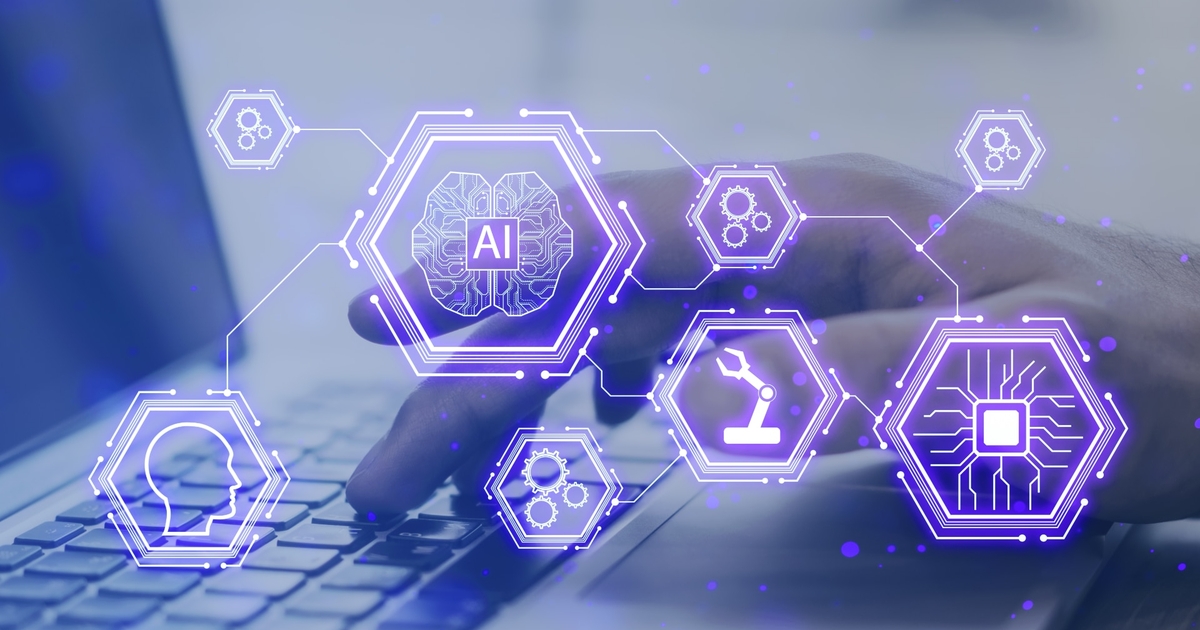Desktop AI has made a significant impact by bringing artificial intelligence capabilities to personal computers and mobile devices, revolutionizing the way users interact with technology. The recent advancements in AI, such as Microsoft 365 Copilot, Apple Intelligence, and Google Gemini, have sparked excitement among knowledge workers, but they have also raised concerns among business leaders and chief information security officers.
The integration of large language models (LLMs) into desktop AI systems has enabled them to sift through business information and provide automated scripting of actions, known as “agentic” capabilities. While this holds immense promise for increasing productivity and streamlining tasks, it also poses significant security risks. According to a Gartner survey, 40% of companies delayed the rollout of Microsoft 365 Copilot due to security concerns, highlighting the need for robust information security measures.
Jim Alkove, CEO of Oleria, an identity and access management platform for cloud services, emphasizes the importance of addressing the security implications of desktop AI systems. He points out that the lack of visibility and control over the architecture and protections of these technologies makes them vulnerable to exploitation. Unlike human personal assistants, AI systems lack the capability to undergo background checks, access restrictions, and work audits, making them high-risk assets in enterprise environments.
As companies look to adopt desktop AI systems, the need for stronger security measures becomes paramount. While 90% of respondents believe that AI assistants can improve productivity, concerns remain about the unrestricted access these systems have to sensitive information. Ben Kilger, CEO of Zenity, stresses the importance of implementing controls that limit AI assistants’ access on a granular level to mitigate cybersecurity risks.
One of the main challenges posed by desktop AI systems is the potential for social engineering attacks that target both users and AI assistants. Security researcher Johann Rehberger highlighted the risks of prompt injection attacks, where attackers could manipulate AI systems to extract personal information and leak it to malicious actors. Without proper security design and controls, desktop AI assistants become prime targets for fraudulent activities.
To address these challenges, companies must gain visibility into the workings of AI technology and implement controls to limit access and actions by AI assistants. Oleria’s Alkove suggests breaking down the data access into granular levels based on the recipient, role, and sensitivity of the information. This approach ensures that AI assistants only have access to the information necessary for completing tasks, reducing the risk of data breaches and exploitation.
Microsoft and other tech companies are aware of the security implications of desktop AI systems and are working to provide solutions to mitigate risks. Microsoft highlighted its Microsoft Purview portal as a tool for managing identities, permissions, and other controls for AI applications. By proactively monitoring AI usage and enforcing data governance policies, organizations can enhance the security of their desktop AI systems and protect sensitive information from cyber threats.
Overall, the rise of desktop AI systems offers immense potential for improving efficiency and productivity in the workplace. However, it is essential for companies to prioritize security and implement robust measures to safeguard against potential risks and vulnerabilities associated with these advanced technologies. By taking a proactive approach to security, organizations can harness the power of AI while ensuring data protection and privacy in an increasingly digital world.


